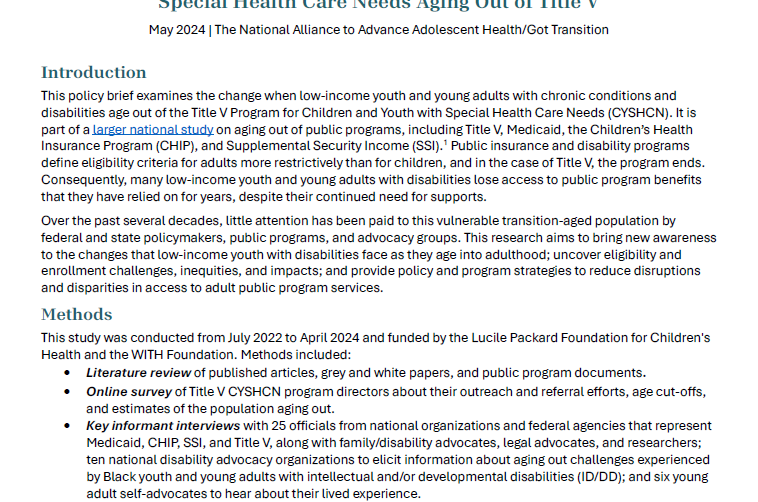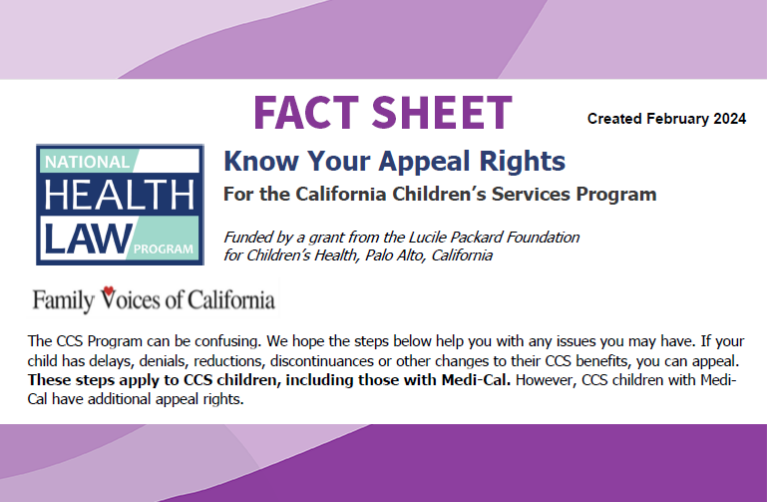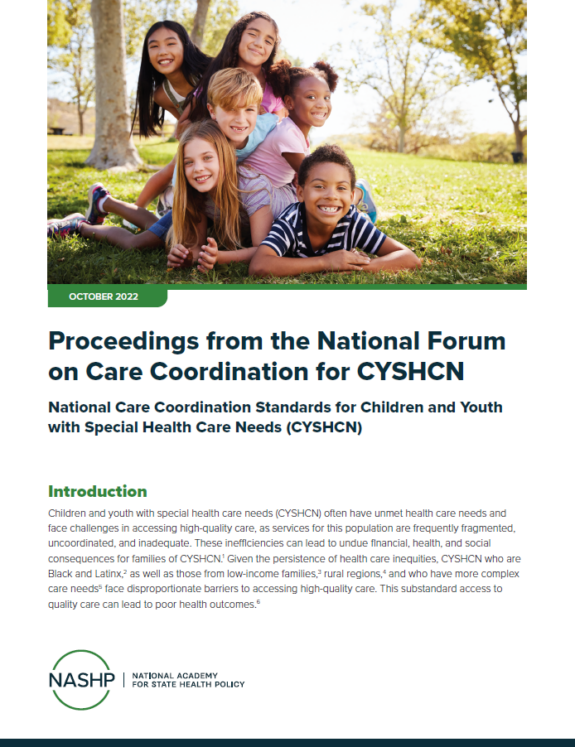Next Steps Toward Care Coordination
In 2012, members of the California Advocacy Network for Children with Special Health Care Needs were surveyed to identify the most pressing issues that the Network should address. By a large margin, respondents chose improving care coordination on which to focus their efforts.
This issue brief presents the results of a subsequent survey conducted in early 2013 to solicit members’ more detailed perspectives on care coordination and how to improve it. Nearly two-thirds (65%) of respondents identified California’s fragmented system of care as the main barrier to effective care coordination. The fragmented system leads to children getting care from multiple providers who are unaware of the care provided by others and who are paid from separate sources of funding. Members chose inadequate communication among health care providers and inadequate payment for care coordination as the second and third key barriers.
Survey respondents highlighted strategies to improve care coordination in their communities, but were divided about who should be primarily responsible for providing care coordination. Several survey respondents described their experiences with care coordination, and provided information about programs that they found particularly effective.
These survey results document the need to reduce fragmentation, enhance communication among providers and families, and develop a system to pay for care coordination services. The Lucile Packard Foundation for Children’s Health, which sponsors the Network, is investing in programs and strategies to encourage these changes.



